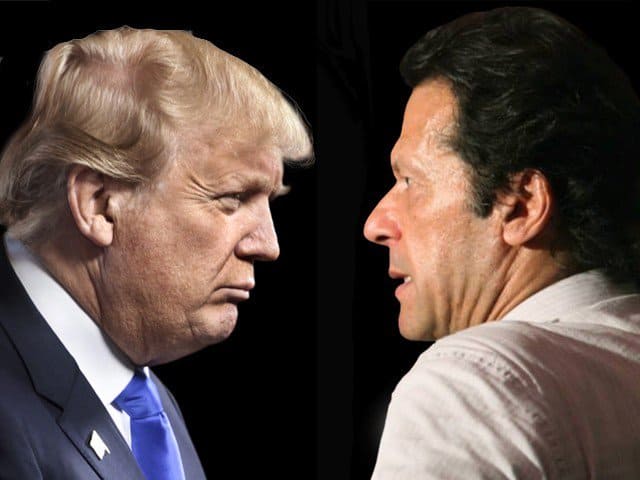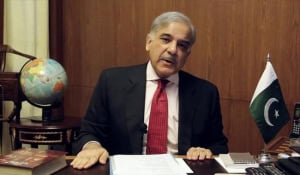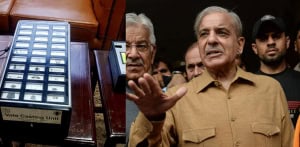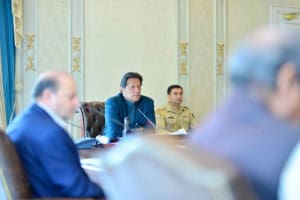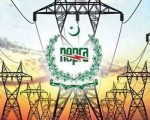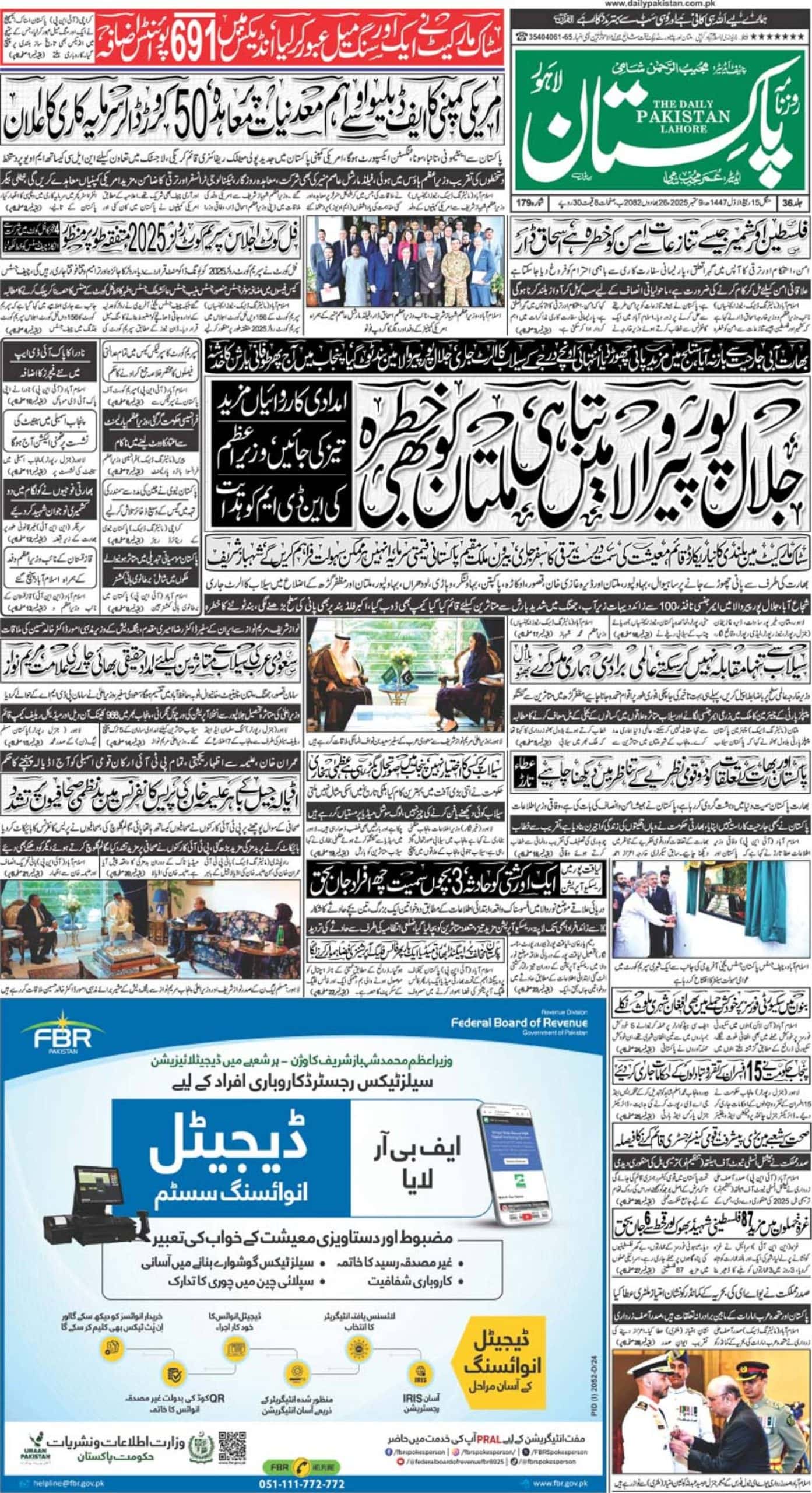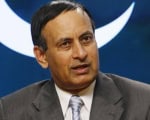KARACHI – The democratic election of former cricket star Imran Khan as Pakistan’s Prime Minister heralds change, but will it promote a reboot of a stronger security relationship with the United States or continuing estrangement between our two countries?
Pakistan is a nuclear weapons state that shares a long and treacherous border with Afghanistan, where America is fighting its longest war on record. Indeed, Pakistan remains on the front line; in the run-up to the recent election, Islamic State attacks in the border region killed hundreds of Pakistanis. During the past decade, it has lost some 60,000 people to terror.
The Trump Administration’s challenge is to patiently craft a more constructive relationship with Pakistan that helps stabilize a dangerous and strategically important region. The terror threat from Islamic State and al-Qaeda is one that both countries share and offers a potential starting point for new joint efforts.
But the Trump Administration has criticized Pakistan for not doing enough in this fight; Washington has also long been concerned about Islamabad’s security forces selectively leveraging terrorist groups to attack India, which is also nuclear weapons state. It also wants Pakistan to do more to tamp down tensions in Kashmir, which have been on the boil lately. The United States prefers Pakistan and India to have a more stable relationship through direct military-to-military talks and other confidence-building measures. And since the days of A.Q. Khan, the United States has been wary of Pakistan selling nuclear and ballistic missile technology to third parties.
Pakistan, too, has its frustrations. Congress has held up sales of fighter jets, military assistance, and other military cooperation that it wants in order to hedge its growing reliance on China. The Trump Administration has disallowed Pakistan from participating in the International Military Education and Training program, which creates lifelong bonds between officers in both countries. Islamabad argues that its track record on fighting terrorism is better than its critics allow; since 9/11, more than 95 percent of al Qaeda and Islamic State terrorists have been killed or captured in Pakistan, resulting in the seizure of more than 200 tons of IED precursors. Pakistan also worries that Afghanistan will emerge from years of war as a threat to its strategic rear flank even as the Pakistani military faces east, towards its traditional adversary, India.
More broadly, Khan needs to open up the economy to more competition and foreign direct investment to address the demographic challenges presented by endemic unemployment and a youth bulge; he needs to deliver on his campaign promises of jobs and prosperity. At the same time, he needs to gradually lessen the Army’s influence in daily life and grow the space for democracy; this will mean keeping the Army from interfering in elections, the judiciary, and civic life. Many Army leaders agree with this sentiment.
In other words, the two countries both face challenges but have a variety of issues and areas where they can help each other. The Trump Administration should take the initiative and re-energize a diplomatic process where these issues can be discussed and better managed. The new Khan Administration needs to be tested to see if it will be responsive to U.S. concerns.
Some good news is that Pakistan’s recently arrived ambassador in Washington, Ali Siddiqui, represents a new generation: Western-educated, cosmopolitan, economically savvy and incorruptible. He will need all these skills to convince skeptics on both ends of Pennsylvania Avenue that Pakistan is serious when it comes to fighting terror, countering the spread of nuclear weapons, and helping the U.S. deliver a sustainable endgame in Afghanistan, including dealing with the Taliban. The ambassador’s public comments make clear that he understands that fixing the security partnership with the United States is his highest priority.
Repairing US-Pakistan relations would be a win-win for both countries. Our interests overlap on fighting terror, enhancing nuclear deterrence in South Asia, increasing regional stability and promoting economic development. The Trump Administration should not miss the opportunity to advance our national interest.
